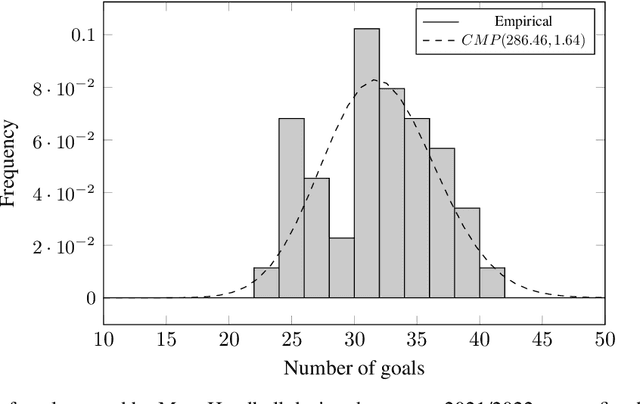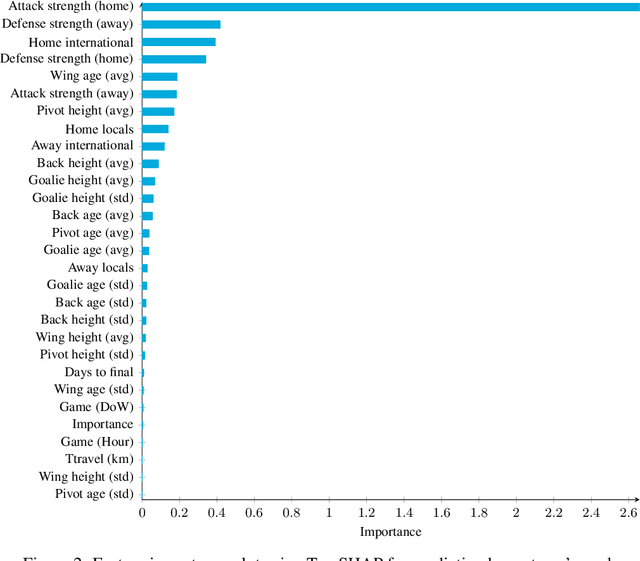Florian Felice
Meta Knowledge for Retrieval Augmented Large Language Models
Aug 16, 2024Abstract:Retrieval Augmented Generation (RAG) is a technique used to augment Large Language Models (LLMs) with contextually relevant, time-critical, or domain-specific information without altering the underlying model parameters. However, constructing RAG systems that can effectively synthesize information from large and diverse set of documents remains a significant challenge. We introduce a novel data-centric RAG workflow for LLMs, transforming the traditional retrieve-then-read system into a more advanced prepare-then-rewrite-then-retrieve-then-read framework, to achieve higher domain expert-level understanding of the knowledge base. Our methodology relies on generating metadata and synthetic Questions and Answers (QA) for each document, as well as introducing the new concept of Meta Knowledge Summary (MK Summary) for metadata-based clusters of documents. The proposed innovations enable personalized user-query augmentation and in-depth information retrieval across the knowledge base. Our research makes two significant contributions: using LLMs as evaluators and employing new comparative performance metrics, we demonstrate that (1) using augmented queries with synthetic question matching significantly outperforms traditional RAG pipelines that rely on document chunking (p < 0.01), and (2) meta knowledge-augmented queries additionally significantly improve retrieval precision and recall, as well as the final answers breadth, depth, relevancy, and specificity. Our methodology is cost-effective, costing less than $20 per 2000 research papers using Claude 3 Haiku, and can be adapted with any fine-tuning of either the language or embedding models to further enhance the performance of end-to-end RAG pipelines.
AI for Handball: predicting and explaining the 2024 Olympic Games tournament with Deep Learning and Large Language Models
Jul 22, 2024Abstract:Over summer 2024, the world will be looking at Paris to encourage their favorite athletes win the Olympic gold medal. In handball, few nations will fight hard to win the precious metal with speculations predicting the victory for France or Denmark for men and France or Norway for women. However, there is so far no scientific method proposed to predict the final results of the competition. In this work, we leverage a deep learning model to predict the results of the handball tournament of the 2024 Olympic Games. This model, coupled with explainable AI (xAI) techniques, allows us to extract insightful information about the main factors influencing the outcome of each match. Notably, xAI helps sports experts understand how factors like match information or individual athlete performance contribute to the predictions. Furthermore, we integrate Large Language Models (LLMs) to generate human-friendly explanations that highlight the most important factors impacting the match results. By providing human-centric explanations, our approach offers a deeper understanding of the AI predictions, making them more actionable for coaches and analysts.
Prediction of Handball Matches with Statistically Enhanced Learning via Estimated Team Strengths
Jul 20, 2023



Abstract:We propose a Statistically Enhanced Learning (aka. SEL) model to predict handball games. Our Machine Learning model augmented with SEL features outperforms state-of-the-art models with an accuracy beyond 80%. In this work, we show how we construct the data set to train Machine Learning models on past female club matches. We then compare different models and evaluate them to assess their performance capabilities. Finally, explainability methods allow us to change the scope of our tool from a purely predictive solution to a highly insightful analytical tool. This can become a valuable asset for handball teams' coaches providing valuable statistical and predictive insights to prepare future competitions.
 Add to Chrome
Add to Chrome Add to Firefox
Add to Firefox Add to Edge
Add to Edge